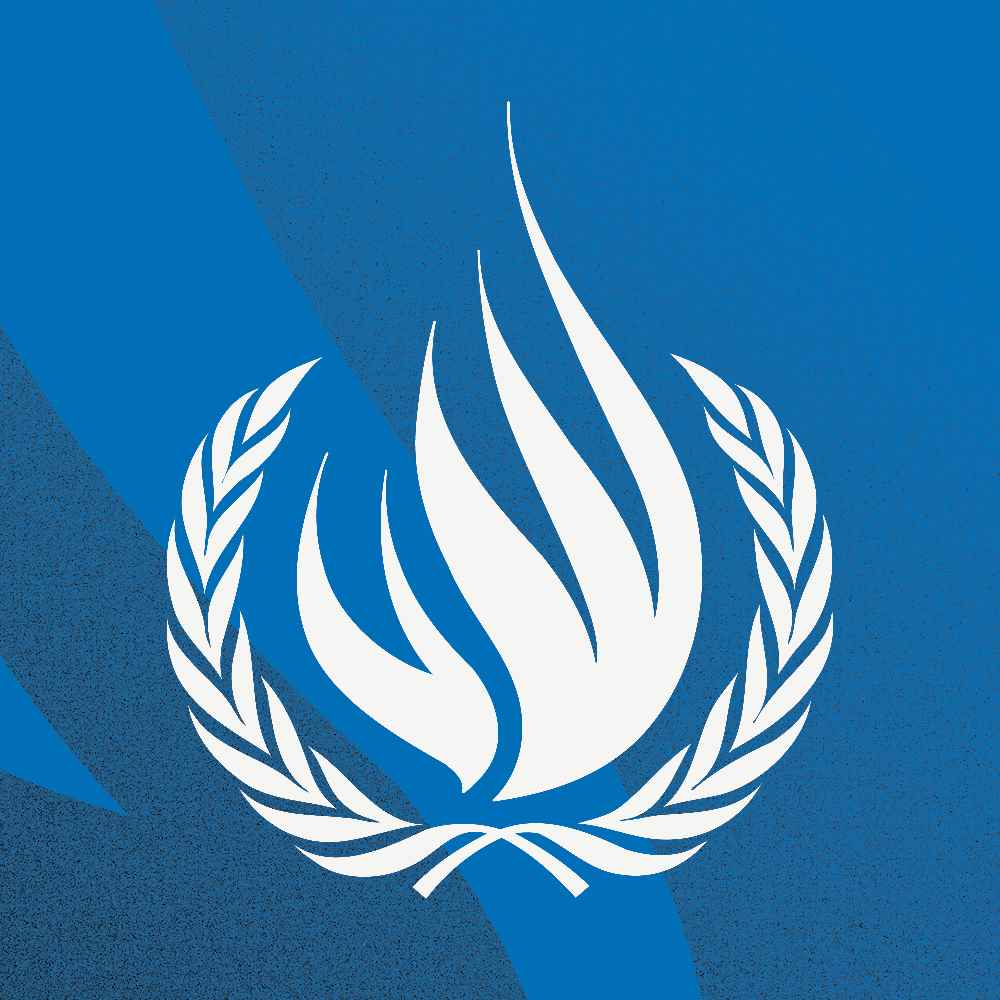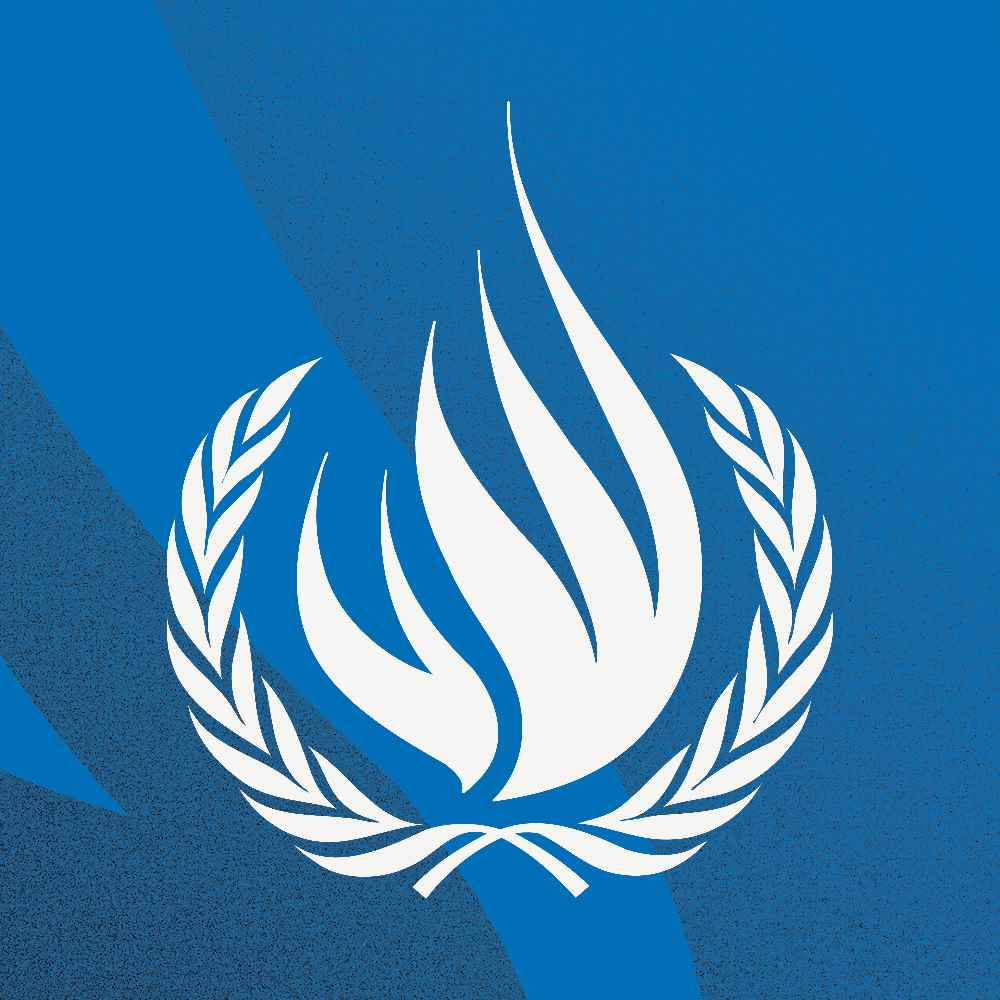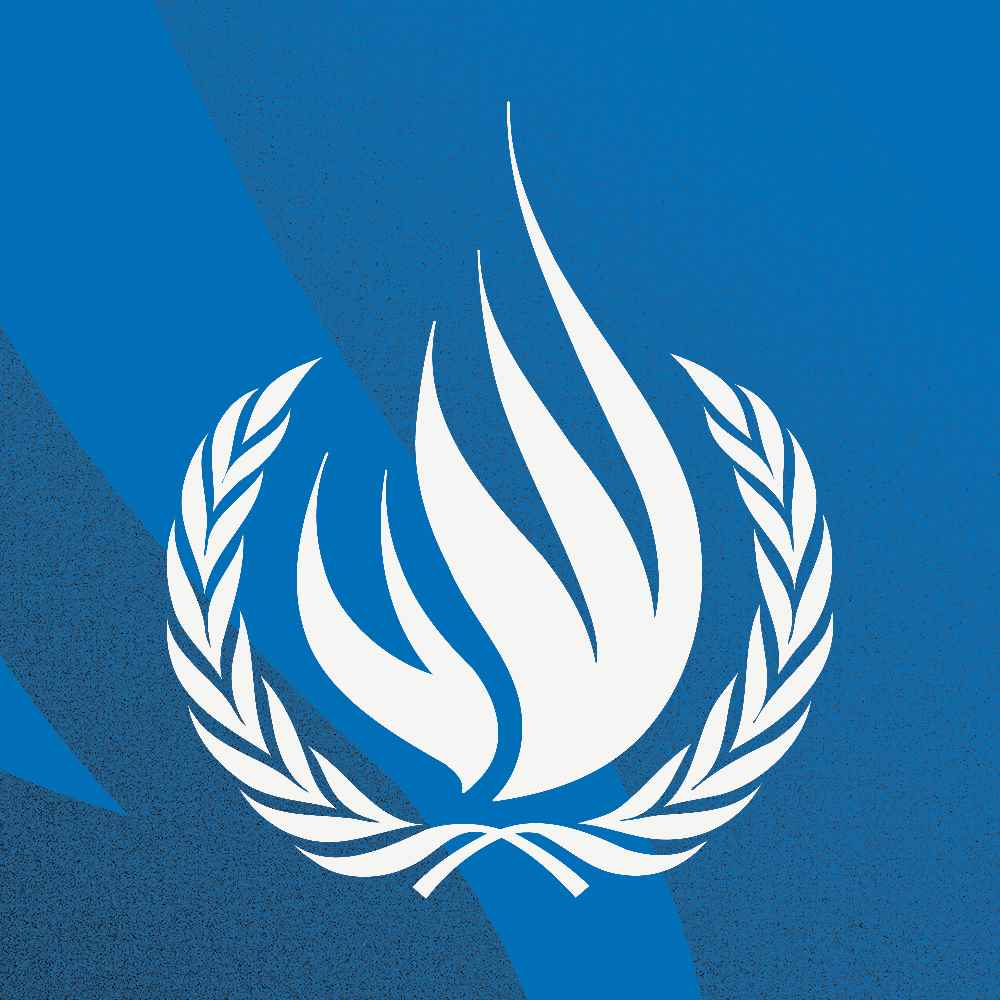
GENEVA (16 February 2023) – UN human rights experts* today expressed grave concern about reports that at least 10 boys, some as young as 12 years old were allegedly taken away from Camp Roj during the night of 31 January 2023 by the de facto authorities in North-east Syria.
“The pattern of forcibly removing boys who reach the ages of 10 or 12 from the camps, separating them from their mothers and siblings and taking them to unknown locations is completely unlawful, said the experts.
“The boys who were of various nationalities, are likely to be placed in male prisons or other detention facilities,” the experts said. “The move out of the camp is not just about location. It is a clear sign that all vulnerable male children in this conflict zone are seen as terrorists or violent extremists, that they must not be protected but punished, that they are not victims but threats,” the experts added.
“We are extremely concerned that serious harm may befall these boys and fear they may be forcibly disappeared and subject to sale, exploitation and abuse, torture, inhuman and degrading treatment or punishment,” they said.
Camp Roj is one of several camps that has been holding families of individuals with alleged links to ISIL for the past five years. It currently holds almost 3,000 individuals, 65 percent of whom are children. There are also over 850 boys deprived of liberty in prisons and other detention facilities, including so-called rehabilitation centres, throughout North-east Syria.
“Most of these boys have been detained since they were seven-years old. They are victims of terrorism and deserve the protection of international human rights and humanitarian law,” said the experts. “Adding to their plight the trauma resulting from violent separation from the care of their mother, often the only element of stability in their lives, can generate an irreparable harm,” they said.
“The indefinite, cradle-to-grave, camp-to-prison detention of boys, based on crimes allegedly committed by their family members, is a shocking example of the legal black hole that North-east Syria currently epitomises,” the experts said. “It is an egregious violation of the Convention on the Rights of the Child which prohibits the punishment of a child based on the “status, activities, expressed opinions, or beliefs” of their parents, a form of collective punishment which is a war crime, as well as a form of gender discrimination that has dramatic and lasting consequences.”
The human rights experts said the only hope for these children was repatriation to their home countries but expressed dismay that some home countries or third countries were facilitating their detention through the provision of security assistance and building high-security prisons.
“Countries whose boy children are detained in the camps must ensure their immediate safety, prevent their separation from their mothers and other potential violations of their human rights, including enforced disappearance and torture. States shall indeed prioritise the boys’ safe and secure return home consistent with the principle of non-refoulement,” the experts said. “States must urgently repatriate them, together with their mothers, a solution that we now know is absolutely feasible,” they said.
The experts called on all States and other actors engaged in northeast Syria to ensure the protection of these children and their best interest.
ENDS
The experts: Fionnuala Ní Aoláin, Special Rapporteur on the promotion and protection of human rights and fundamental freedoms while countering terrorism; Siobhán Mullally,Special Rapporteur on trafficking in persons, especially women and children, Mama Fatima Singhateh, Special Rapporteur on the sale and sexual exploitation of children, Dorothy Estrada-Tanck (Chair), Ivana Radačić (Vice-Chair), Elizabeth Broderick, Meskerem Geset Techane and Melissa Upreti, Working Group on discrimination against women and girls; Ravindran Daniel (Chair-Rapporteur), Jelena Aparac, Sorcha MacLeod, Chris Kwaja, Carlos Salazar Couto, Working Group on the use of mercenaries; Ashwini K.P. Special Rapporteur on contemporary forms of racism, racial discrimination, xenophobia and related intolerance; Aua Baldé (Chair-Rapporteur), Gabriella Citroni (Vice-Chair), Angkhana Neelapaijit, Grażyna Baranowska, Luciano Hazan, Working Group on Enforced or Involuntary Disappearances; Fernand de Varennes, Special Rapporteur on Minority issues; Special Rapporteur on the right to food, Michael Fakhri and, Miriam Estrada-Castillo (Chair-Rapporteur), Mumba Malila (Vice-chairperson), Ganna Yudkivska, Priya Gopalan, and Matthew Gillett, Working Group on arbitrary detention.
The Special Rapporteurs are part of what is known as the Special Procedures of the Human Rights Council. Special Procedures, the largest body of independent experts in the UN Human Rights system, is the general name of the Council’s independent fact-finding and monitoring mechanisms that address either specific country situations or thematic issues in all parts of the world. Special Procedures’ experts work on a voluntary basis; they are not UN staff and do not receive a salary for their work. They are independent from any government or organization and serve in their individual capacity.
For more information and media requests please contact:
Ms. Michelle ERAZO (+41 22 917 9449;
michelle.erazo@un.org).
For media enquiries regarding other UN independent experts, please contact
Maya Derouaz
(maya.derouaz@un.org) or
Dharisha Indraguptha
(dharisha.indraguptha@un.org)
Follow news related to the UN’s independent human rights experts on Twitter @UN_SPExperts.
Concerned about the world we live in?
Then STAND UP for someone’s rights today.
#Standup4humanrights
and visit the web page at http://www.standup4humanrights.org












